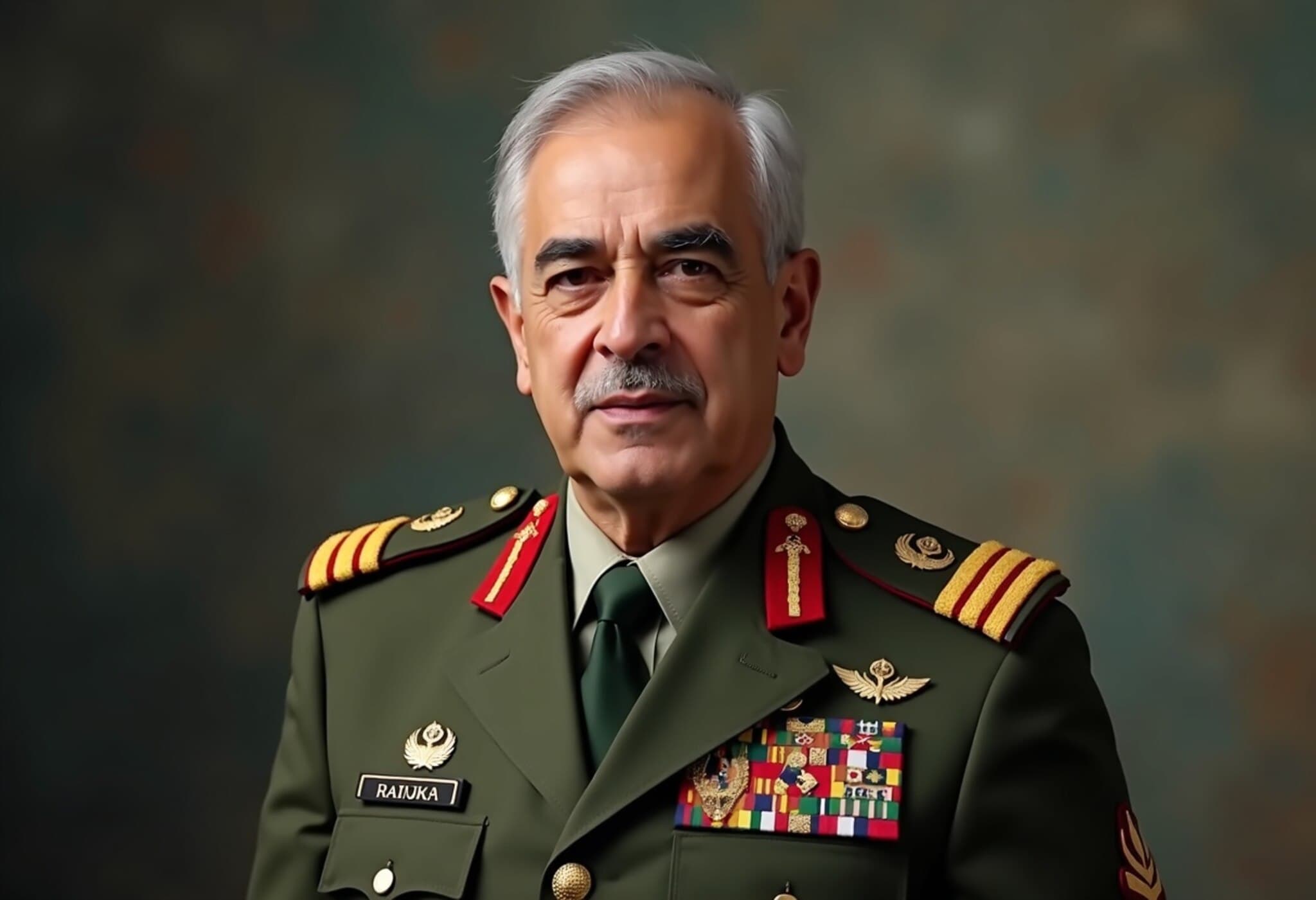Passenger Mistakenly Flown to Jeddah Instead of Karachi
In an unexpected and distressing incident, a Pakistani airline reportedly flew a passenger, Shahzain, to Jeddah, Saudi Arabia, instead of his intended destination, Karachi, Pakistan. The error, which unfolded from Lahore's domestic airport, has sparked concerns over airline operational oversight and passenger safety.
The Incident Unveiled: How Did It Happen?
Shahzain had planned a domestic journey from Lahore, Pakistan's second-largest city, to Karachi, the country's largest metropolis. However, two planes were reportedly parked side-by-side at Lahore's domestic terminal. Confusion led Shahzain to board a flight destined for Jeddah without his knowledge.
According to Shahzain, despite presenting his ticket to the air hostess prior to boarding, he was not informed about the discrepancy. It was only about two hours into the flight that he realized the plane was headed to an international destination rather than Karachi.
Passenger’s Perspective: Feeling Neglected and Blamed
Upon questioning the airline crew mid-flight, Shahzain recounted that the staff reacted with panic and attributed the mistake to him rather than taking accountability. Without possessing a passport or visa required for international travel, Shahzain found himself stranded and in distress.
The airline allegedly informed him that arranging a return flight to Karachi would take two to three days. Shahzain has since filed a legal notice against the airline, demanding compensation for the additional expenses and emotional trauma caused by the oversight.
Authorities Weigh In: Accountability and Investigation
The Pakistan Airport Authority quickly took note of the incident. Officials at Lahore Airport Management have pointed to the airline's negligence and carelessness as the root cause of the mishap. A formal request for action against the carrier has been submitted to relevant regulatory bodies.
Further, the Federal Investigation Agency (FIA) is reportedly set to conduct a thorough inquiry into how such a significant operational failure occurred.
Expert Analysis: What This Incident Reveals About Airline Operations
- Operational oversight risks: Boarding zones with multiple flights departing simultaneously require stringent checks to prevent such errors.
- Passenger rights and safety: Airlines have a fundamental duty to verify passenger destinations and ensure clear communication to avoid distress and legal liabilities.
- International travel protocols: Allowing a passenger without passport and visa on an international flight points to gaps in boarding validation processes.
- Legal and financial implications: Airlines may face costly lawsuits and regulatory penalties for negligence and failure to comply with aviation standards.
Broader Context: Implications for Pakistan’s Aviation Industry
This incident highlights the challenges Pakistan’s aviation sector faces in maintaining high operational standards amid growing passenger demand. It calls for urgent reviews of ground staff training, improved verification technologies, and transparent communication protocols to restore public confidence.
Unanswered Questions and Public Interest
- How did the airline’s crew fail to recognize the ticket mismatch at multiple checkpoints?
- What security lapses allowed a passenger without proper travel documents to fly internationally?
- What redressal mechanisms are in place for passengers affected by such airline blunders?
Looking Ahead: Steps Needed for Rebuilding Trust
Stakeholders in Pakistan’s aviation ecosystem must prioritize accountability and safeguard passenger rights. Airlines should deploy robust verification systems and conduct staff training to prevent such costly mistakes. Regulators like the Civil Aviation Authority must ensure stringent compliance audits and transparent reporting.
Editor's Note
This extraordinary lapse in airline protocol raises important questions about operational rigor, passenger safety, and legal safeguards in Pakistan's civil aviation industry. As Shahzain seeks justice, this case should prompt policymakers and airlines alike to reevaluate protocols that protect travelers from avoidable chaos and distress, ensuring such incidents become a thing of the past.



















